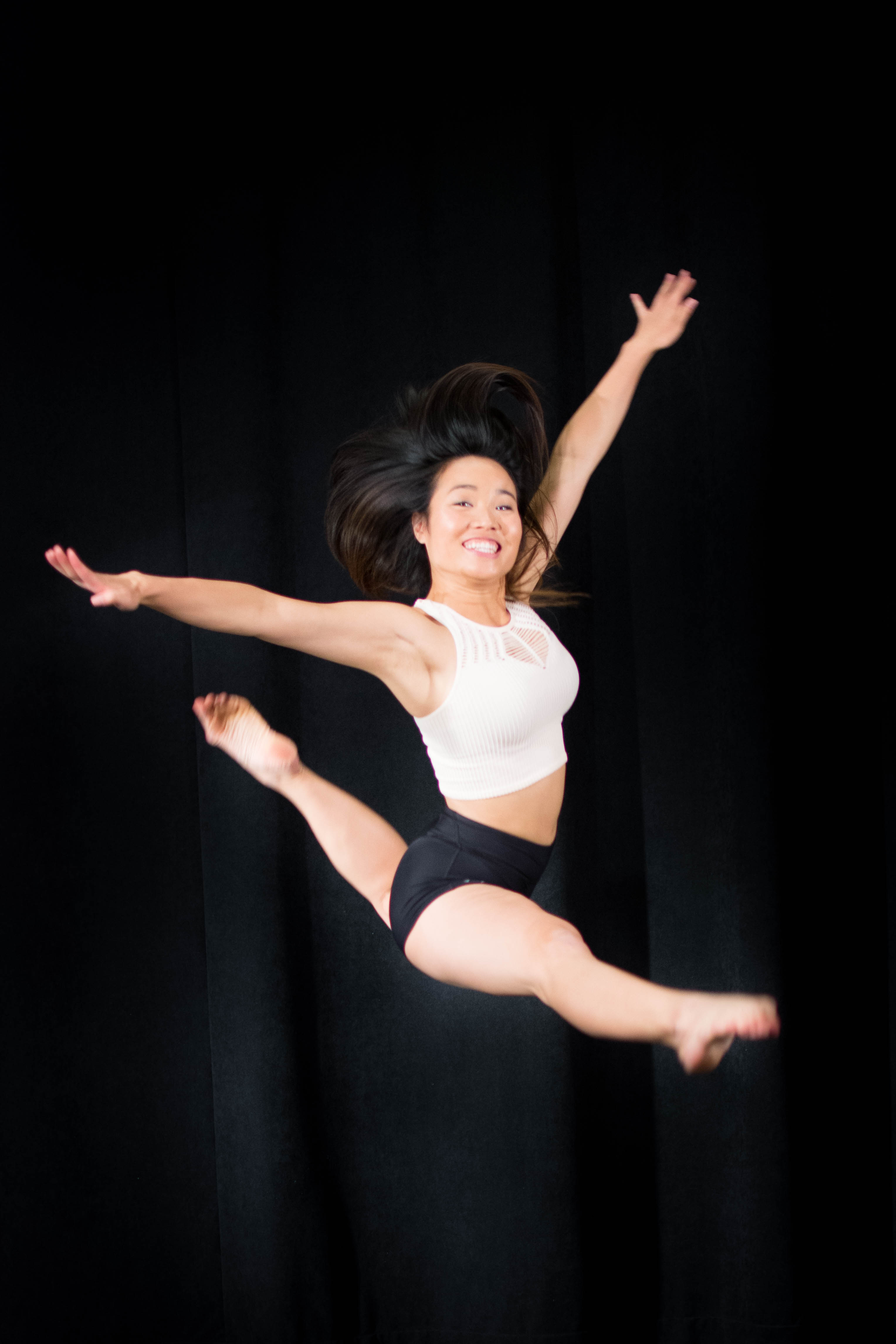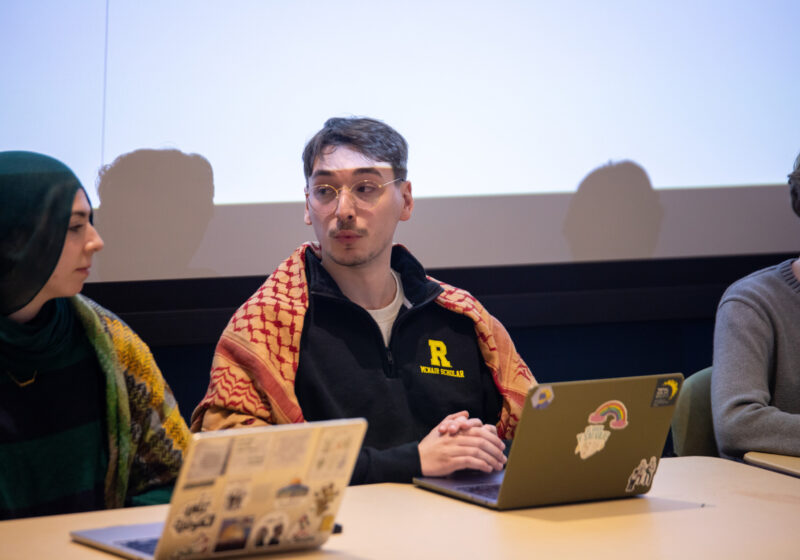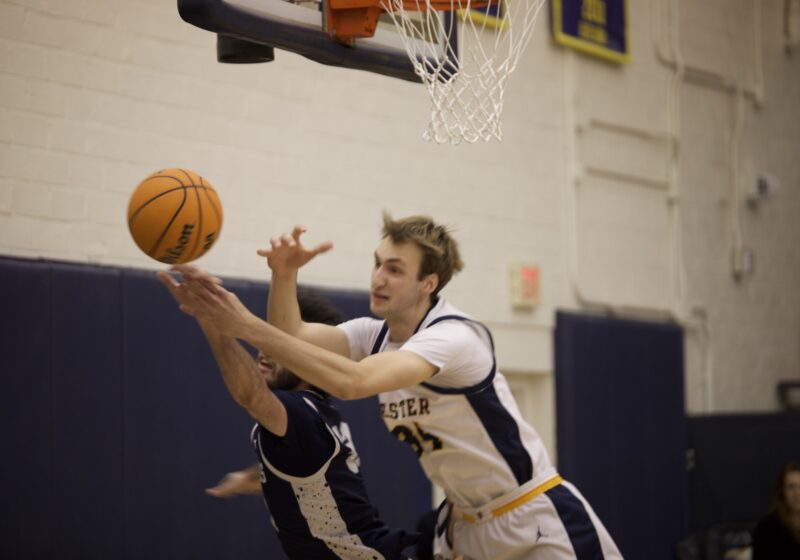Junior Vivy Ngo is a member of Louvre Performance Ensemble at UR and recently performed in and choreographed a dance for Louvre’s fall production, “EmpowerHER.” The performance was a celebration of female empowerment and displayed the elegance and strength of the extensively-trained dancers. Ngo sat down with the Campus Times to discuss this intersection between artistic expression and athletics.
How do you define “athlete”?
To me, an athlete is defined as someone who is trained in an activity that involves physical strength, stamina, and agility.
Do you consider yourself an athlete?
Yes, I definitely consider myself to be an athlete. Many people categorize dance as either an art or a sport, but I think that dance is uniquely both. Sure, dance is a form of creative expression, making it an art, but this expression is reached through a lot of time, practice, and hard work that requires strength, stamina, and agility, which are all required from an athlete.
 Are there parallels you can draw from dance to other sports?
Are there parallels you can draw from dance to other sports?
Dancing is a sport. Although dance groups do not always directly compete against other dance groups like how sports teams do, this does not make it less of a sport. We practice; we perfect; we perform. Just like any other sport.
How long have you been dancing?
I started dancing when I was six and haven’t stopped since. I have trained in ballet, tap, jazz, hip-hop, lyrical, contemporary, high kick, and more.
What are some common misconceptions about dance that you have encountered, and how do you respond to them?
A misconception that I’ve heard time and again is that dance is easy. While it is true that anyone can dance, regardless of experience, it does not mean that it’s easy. Dancers spend hours in the dance studio, learning and perfecting steps to make them look as easy as possible. But just because something looks easy does not mean it actually is. Another misconception is that men don’t dance. Although most dancers are female, there are many great male dancers. And no, they are not all gay. Anyone can dance, regardless of gender, sexuality, size, age, etc.
What is a typical practice/rehearsal like?
Louvre Performance Ensemble rehearses an average of three hours a day, four days a week. Our rehearsals are broken down into one-hour blocks, with each hour devoted to a different dance or conditioning. We rotate through all of the dances to ensure that each dance is getting equal amounts of time and progressing at a good rate to be ready for our show.
How do you feel when you perform?
Performing is the best feeling in the world. All of the time and energy that I’ve put into learning and perfecting a routine is finally realized when I perform. It is so liberating. I can forget about everything else that is going on in my life and in the world and just be in the moment; it’s like nothing else matters.
What is the most difficult part of dance, physically and mentally?
Just like any other sport, dance can be extremely taxing on the body. Dancers’ bodies ache and get sore, yet we have to push and dance through the pain. Unlike many other sports, we still have to make everything look easy and effortless.
What do you value about your team?
Everyone in Louvre comes from different backgrounds, states, dance studios and are all pursuing different majors, interests, and career paths, yet we all come together to do what we love together—dance. We all share a common passion and commitment to dance, and are able to express our love together.
What do you love about dancing?
Dancing has always served as a creative outlet for me, now more than ever. As someone looking to pursue a career in medicine, academics have not always been able to provide me the creativity that I desire. Dance allows me to forget about all my stress and work and just express myself, explore movement, and have fun.
What is your favorite memory involving dance?
Every semester, Louvre puts together a dance production, all from scratch, and it is always so rewarding to see all of our hard work come to fruition. But I have to say that this semester’s production, EmpowerHER, has been my favorite. Being able to have a theme of feminism and to challenge the traditional ideas of femininity through dance was extremely powerful. We got to collaborate with many other student organizations on campus and, together, were able to deliver a strong message, much bigger than just the dancing itself.
What is the best advice you have ever received?
Dancing is fun! As silly as this sounds, it can be easy for me to get caught up in the details of the steps and making the dance look perfect that I lose sight of the reason why I dance in the first place. I dance because it is fun, and I love it!


